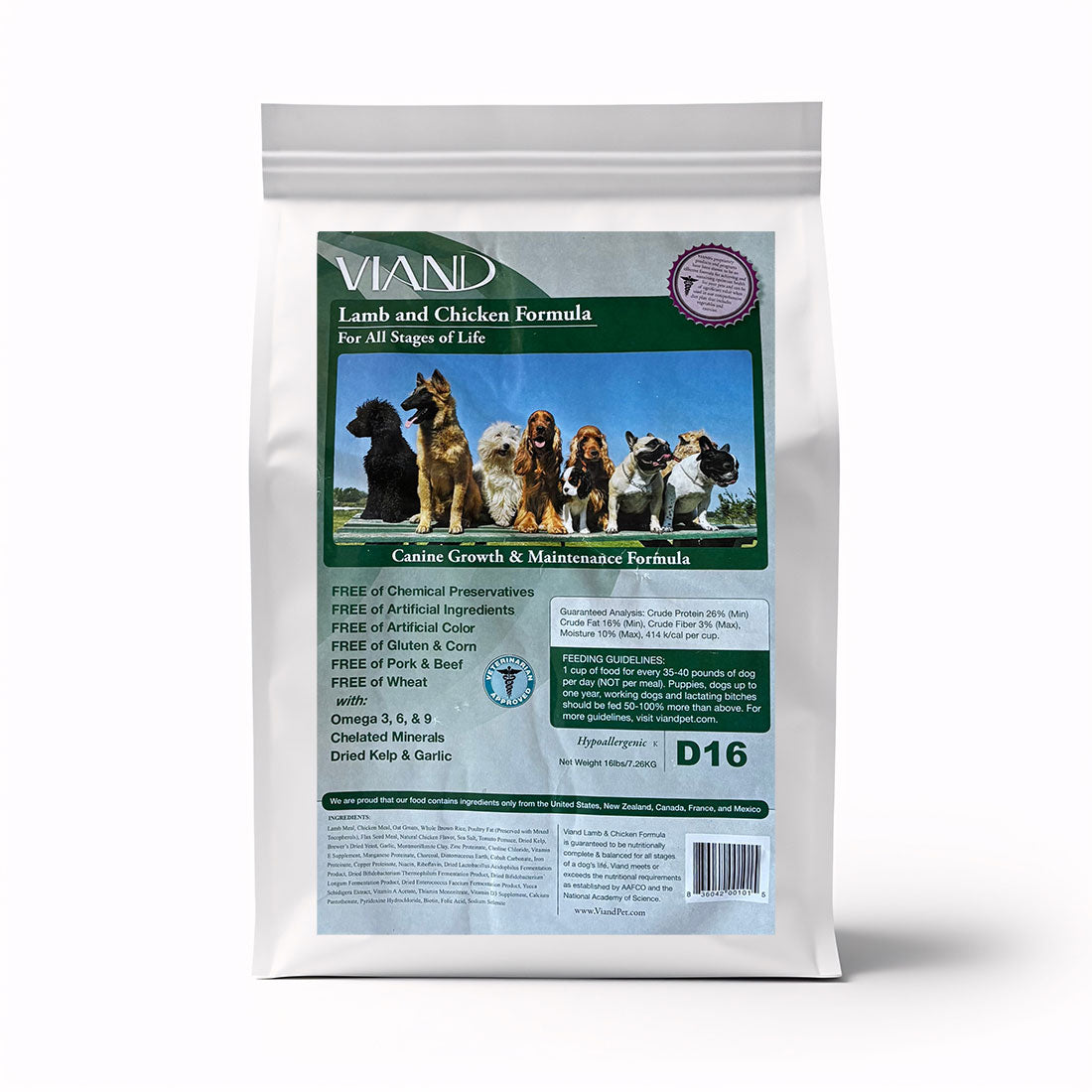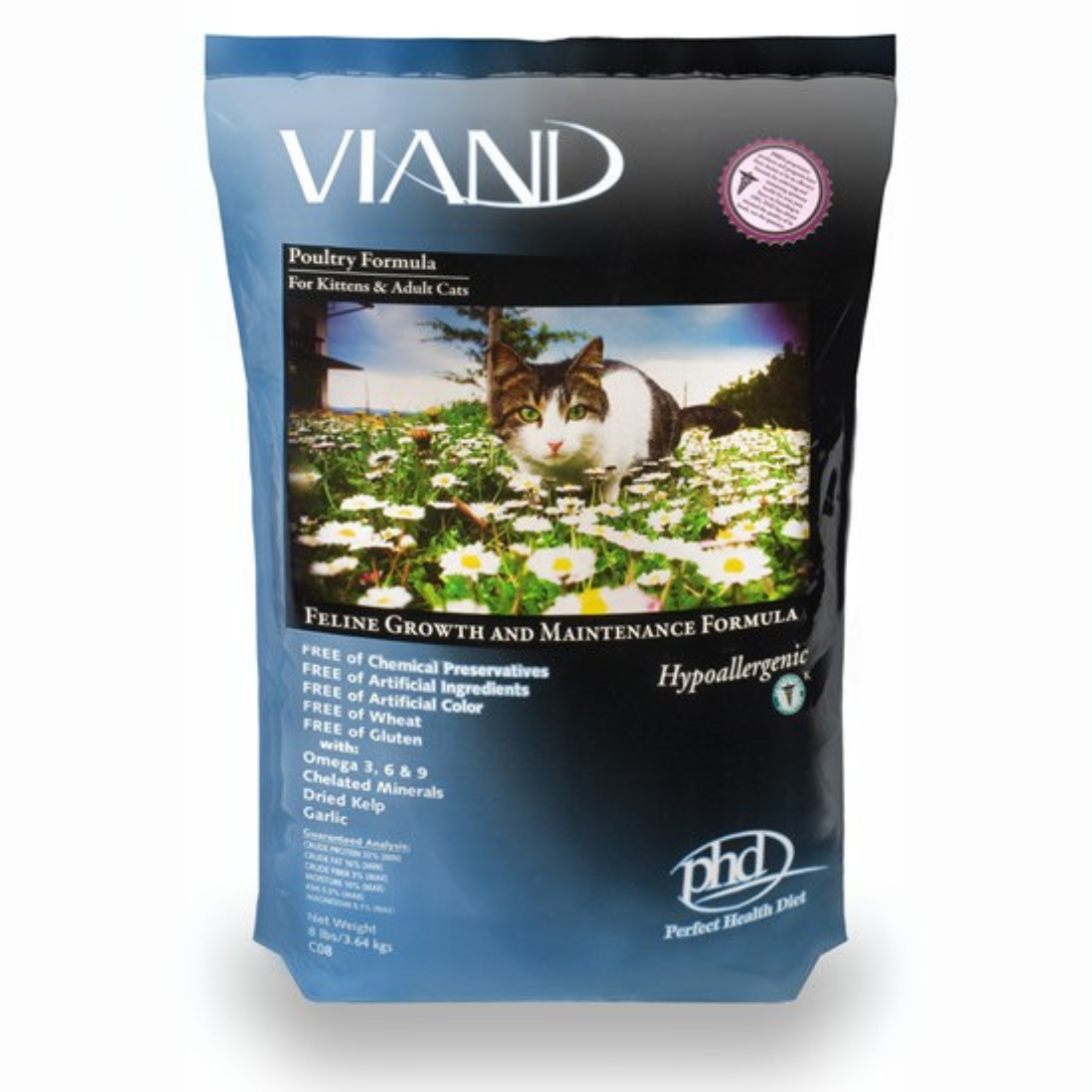· By Scott Pollak
Introduction to Homeopathy
Brought to you by William Pollak D.V.M.
and the Fairfield Animal Hospital.
Homeopathy is an alternative system of medicine that was founded in the early 19th century by a German physician, Dr. Hahnemann. In the United States, it had its greatest popularity in the late 19th century, when 15% of the doctors were homeopaths. However, with the advent of modern medicine, homeopathy began to look old and stodgy and its popularity took a nose-dive. Homeopathy today is much more popular in Europe, than in the United States. However, since 1980, homeopathy has seen a resurgence of interest here, and homeopathic books can be found in many bookstores and homeopathic physicians in most major cities.
Classical homeopathy rests on three principles: the law of similars, the single medicine, and the minimum dose.
The law of similars states that a disease is cured by a medicine that creates symptoms in a healthy person that is similar to those experienced by the patient. Hence, an important part of the prescription of a homeopathic medicine is a lengthy interview to determine all the symptoms the patient is experiencing: physical, emotional, and mental. The homeopathic physician, then determines, which medicine best matches the symptoms the patient is experiencing and prescribes it.
The principle of the single remedy states that a single medicine should cover all the symptoms the patient is experiencing: mental, emotional, and physical. A classical homeopath would not prescribe one medicine for a headache and another for an upset stomach; he or she would find a most appropriate single medicine that covered both symptoms.
The principle of the minimum dose has two parts. First, the homeopathic physician only prescribes a small number of doses of the homeopathic medicine and waits to see what effect it has. Second, the medicine is given in an infinitesimal dose. Homeopaths have discovered that the effect of homeopathic medicines is strengthened upon successive dilutions as long as the medicine is violently shaken between each dilution. Medicines are typically used in very high dilutions.
Homeopathy teaches that disease is a reaction of the whole person attempting to restore health. Symptoms are the
Of course, homeopathy is not uniformly successful in treating all diseases. Since it works by stimulating the body's own defense and repair systems, it cannot be successful in treating those conditions that go beyond the body's capacity for repair. If there
Homeopathy can be used by the average person to successfully treat minor illnesses and injuries. Many people find an introduction to homeopathy a comfortable way of treating their children of common childhood disturbances. A number of books are available on self-care using homeopathy. They include:
The The Complete Homeopathy Handbook
Everybody's Guide to Homeopathic Medicines: Safe and Effective Remedies for You and Your Family by Stephen Cummings and Dana Ullman
Homeopathic Medicine at Home: Natural Remedies for Everyday Ailments and Minor Injuries by Maesimund Panos and Jane Heimlich
The Science of Homeopathy by George Vithoulkas


